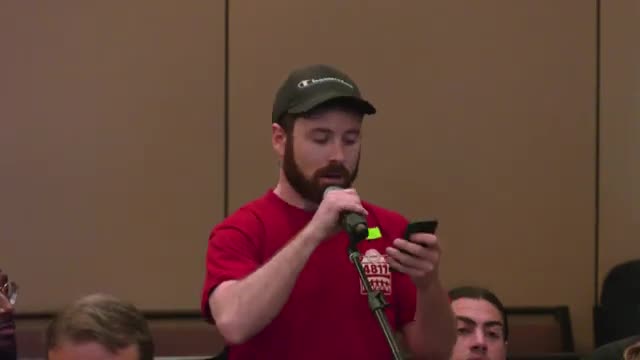Article not found
This article is no longer available. But don't worry—we've gathered other articles that discuss the same topic.
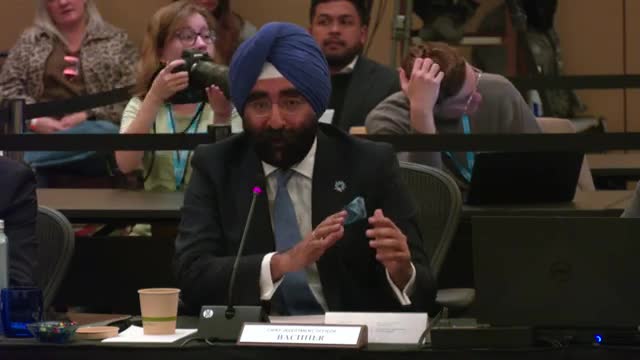
UC Investments Committee reviews second-quarter results; CIO recommends higher equity exposure and flags tariffs, inflation risks
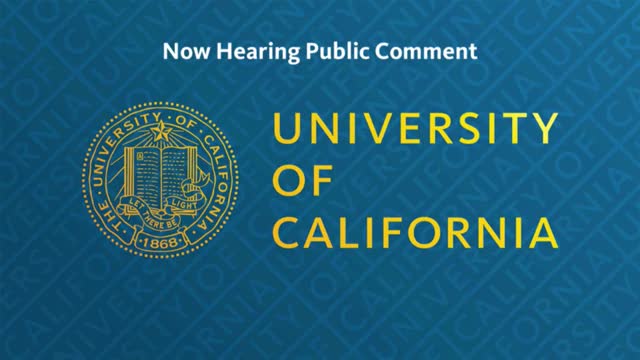
UCLA faculty parent says daycare teacher arrested for abuse; calls for better UC communication and support
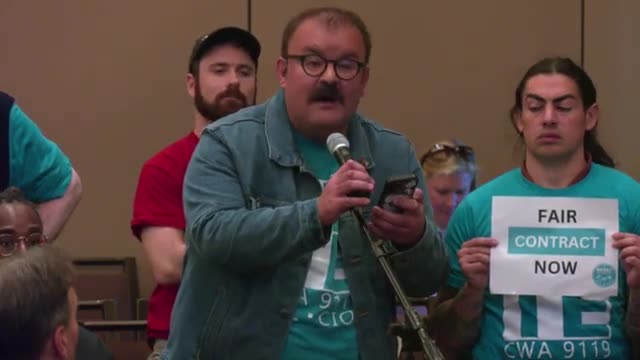
UC health and technical workers press Regents to bargain in good faith, cite staffing and reclassification issues
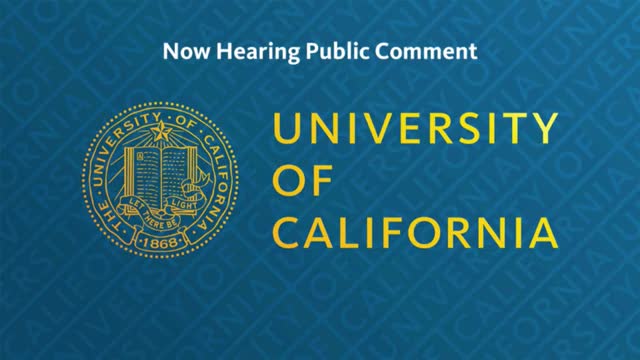
Disabled and undocumented students urge Regents to increase UC funding for access services and $10 million fellowship proposal
